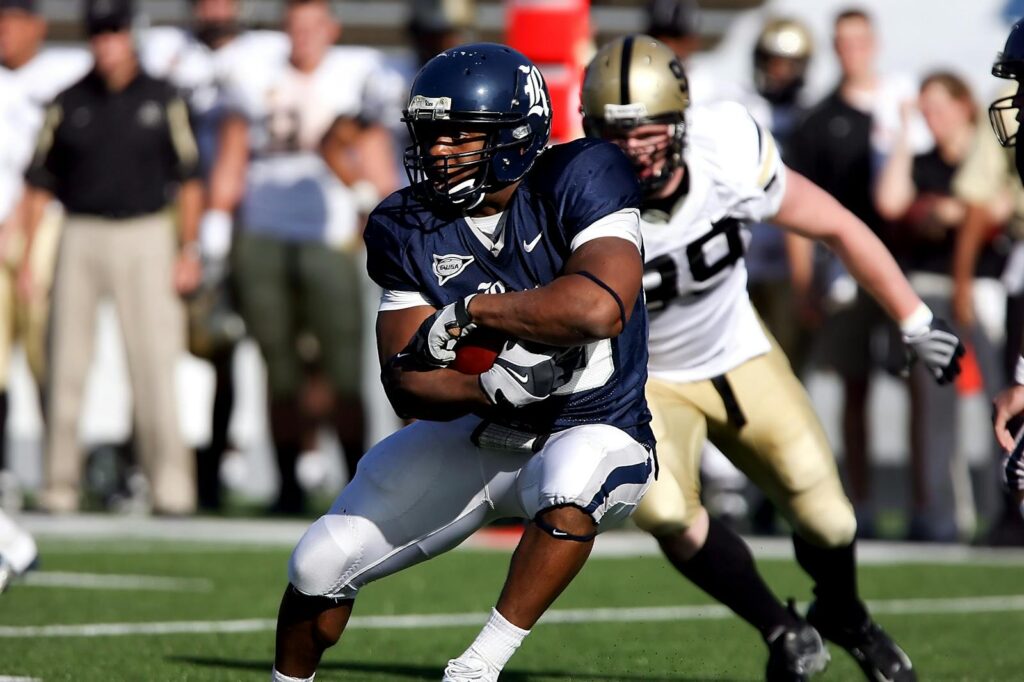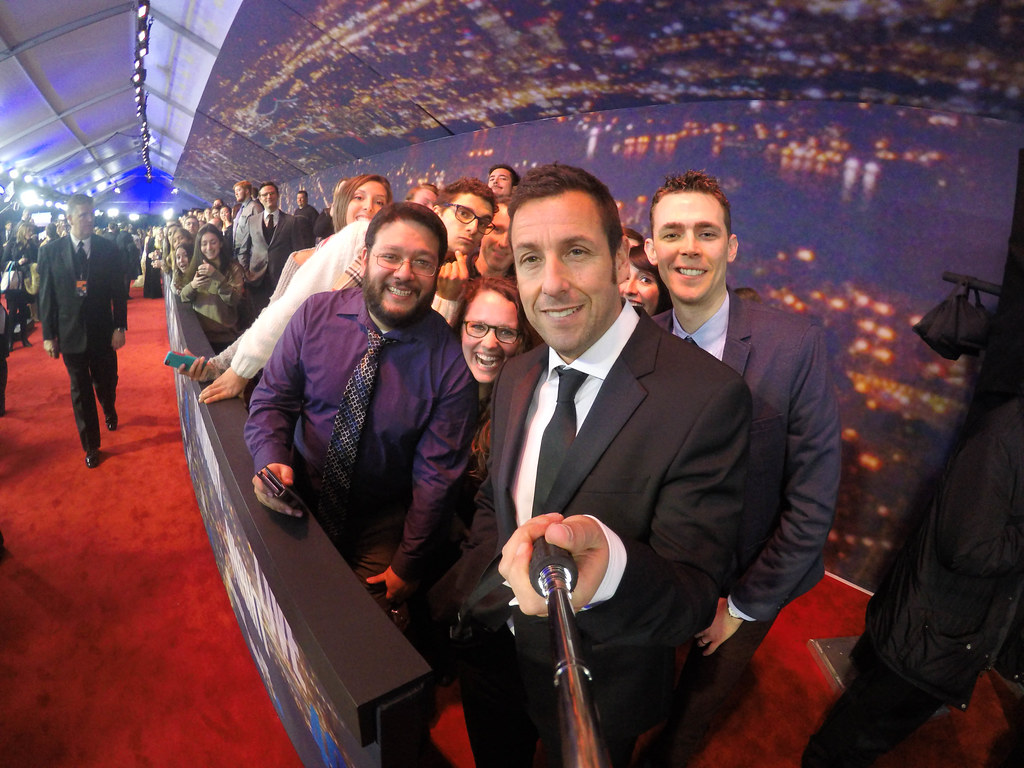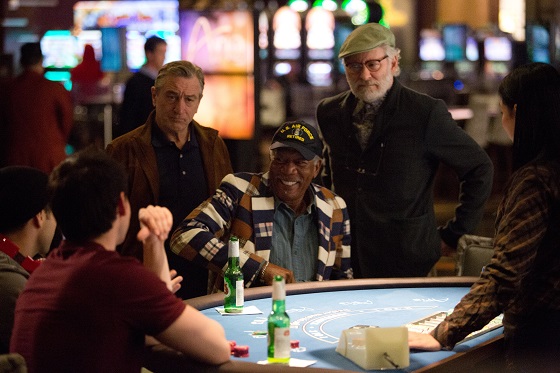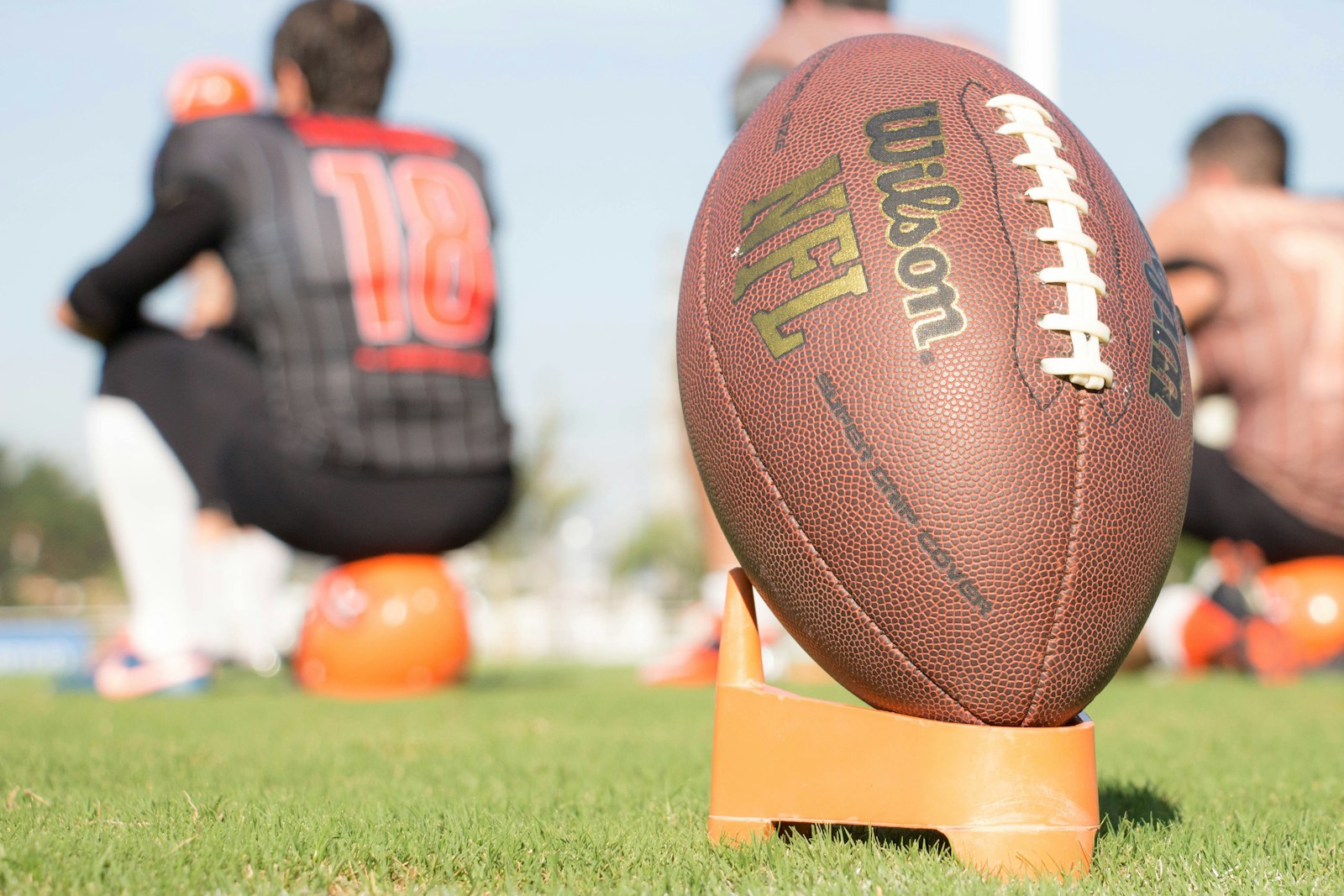
In the high-stakes, fast-paced world of the National Football League, where every yard gained and every tackle made is scrutinized with microscopic intensity, player safety has emerged as a paramount concern. The league has, over the past decade, implemented increasingly stringent rules and disciplinary measures aimed at mitigating the risk of head and neck injuries, striving to create a safer environment for its athletes. Yet, even with these concerted efforts, certain players find themselves repeatedly on the wrong side of the rulebook, raising fundamental questions about personal accountability and the effectiveness of current deterrents.
One such player who has consistently found himself in the league’s crosshairs this season is Denver Broncos safety Kareem Jackson. A veteran presence in the NFL, Jackson’s aggressive playing style, once lauded for its physicality, has now drawn widespread condemnation, leading to an unprecedented series of ejections, fines, and suspensions. His actions have ignited a fervent debate among fans, analysts, and even within his own locker room regarding the fine line between hard-nosed football and outright dangerous play.
This deep dive will dissect the tumultuous season of Kareem Jackson, examining the specific incidents that have led to his notoriety, the significant financial and disciplinary repercussions he has faced, and how his ongoing saga underscores the NFL’s evolving, yet unwavering, commitment to player health. We’ll unpack the moments that have put him in the league’s crosshairs, offering an ESPN-style analysis of a situation that continues to unfold with each passing week.
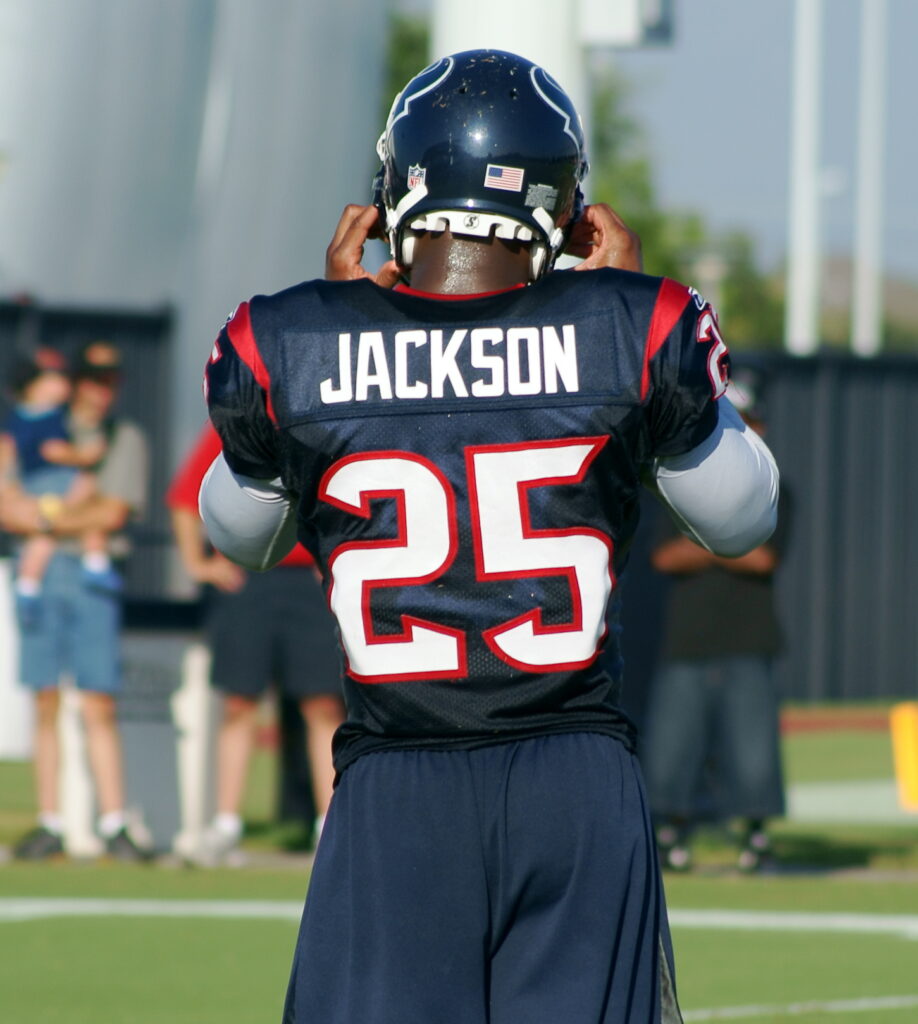
1. **The Latest Infraction: The Week 7 Luke Musgrave Hit & Ejection**: The most recent, and perhaps most egregious, incident that brought Kareem Jackson back into the disciplinary spotlight occurred in Week 7. During the Denver Broncos’ 19-17 victory over the Green Bay Packers, Jackson was ejected from the game following a sideline hit on Packers tight end Luke Musgrave.
As Green Bay’s tight end ran downfield, Jackson arrived to deliver a forceful blow that sent Musgrave to the turf. Immediately, two flags flew, and after a brief discussion among the officials, referee Alex Kemp announced Jackson’s ejection, alongside the customary 15-yard penalty. This play served as a stark reminder of Jackson’s recurring pattern, drawing sharp criticism and reigniting calls for more severe penalties from the league and the fanbase alike.
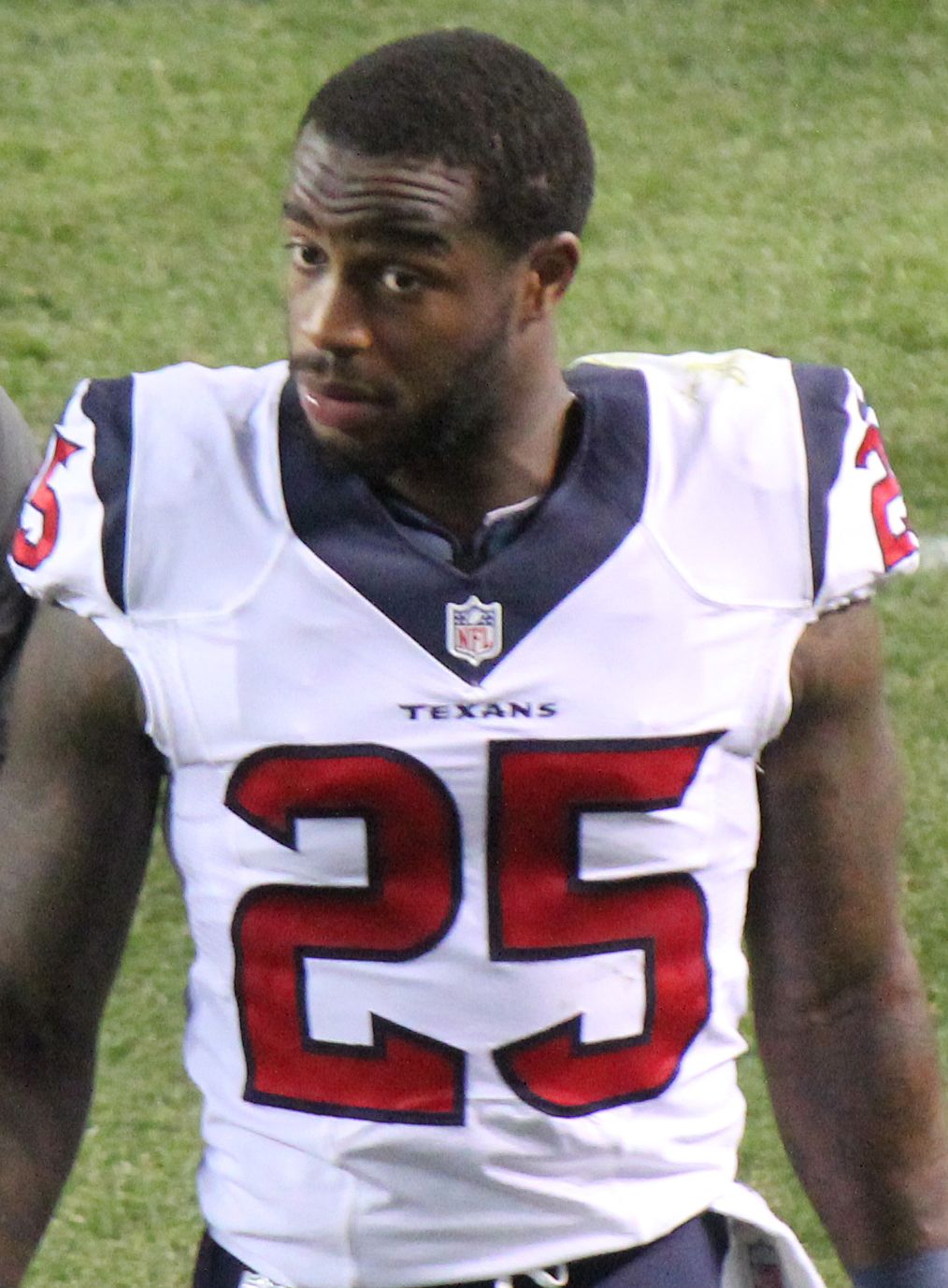
2. **A Pattern Emerges: The Week 2 Logan Thomas Hit & First Ejection**: The hit on Luke Musgrave in Week 7 was not an isolated event; it was the second time this season that Kareem Jackson had been ejected from a game for an illegal hit. His first disqualification came much earlier in the season, during a Week 2 loss against the Washington Commanders.
In that contest, Jackson was ejected for a hit delivered on Commanders tight end Logan Thomas. This early-season incident, like the later one involving Musgrave, immediately raised red flags about Jackson’s playing tendencies. It highlighted a concerning propensity for contact that crossed the line into unnecessary roughness, signaling to the league and to observers that this was not merely an occasional lapse but a developing pattern of behavior that warranted close attention and, ultimately, disciplinary action.
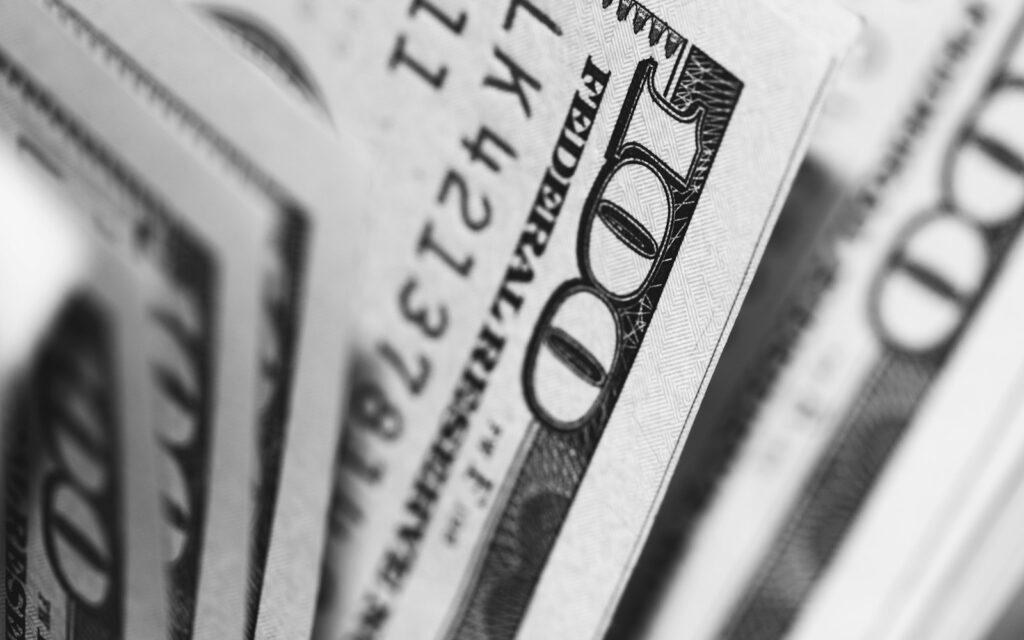
3. **The Mounting Fines: Jackson’s Costly Season of Unnecessary Roughness**: Beyond the ejections, Kareem Jackson’s season has been marked by a relentless accumulation of financial penalties, underscoring the severity and frequency of his infractions. Prior to his most recent four-game suspension, Jackson had already been fined four separate times this season for unnecessary roughness violations.
These fines collectively amounted to a staggering total of $89,670. This significant sum illustrates the league’s initial attempts to deter Jackson’s dangerous play through monetary sanctions. The consistent imposition of these penalties, however, also raised questions about their effectiveness, as Jackson’s behavior on the field did not appear to change despite the substantial financial drain. It’s a clear indication that for some players, fines alone may not be a sufficient deterrent against actions deemed detrimental to player safety.
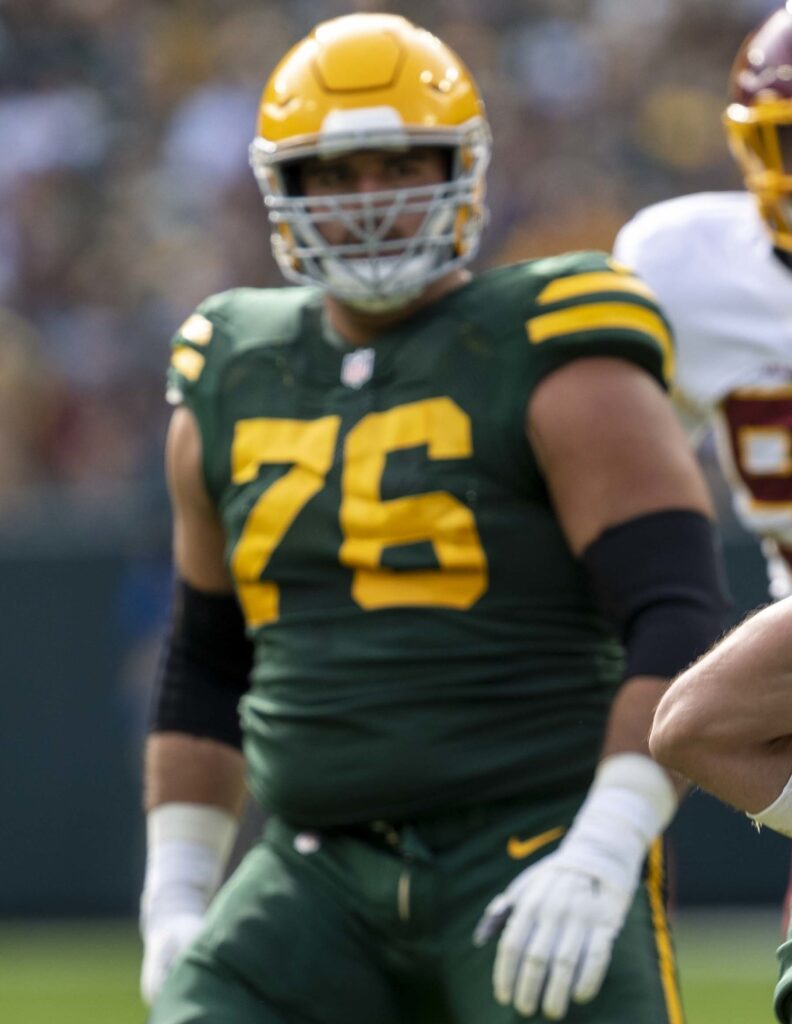
4. **The Rulebook Speaks: NFL’s Stance on Player Safety and Rule 12**: The disciplinary actions against Kareem Jackson are firmly rooted in the NFL’s unwavering commitment to protecting its players, codified within its intricate rulebook. Specifically, the league’s Vice President of Football Operations, Jon Runyan, cited violations of Rule 12, Section 2, Article 9 (b)(1) in his official statements regarding Jackson’s suspensions. This particular rule is central to the NFL’s player safety initiatives.
The rule states explicitly that ‘it is a foul if a player forcibly hits the defenseless player’s head or neck area with the helmet, facemask, forearm, or shoulder, even if the initial contact is lower than the player’s neck, and regardless of whether the defensive player also uses his arms to tackle the defenseless player by encircling or grasping him.’ This comprehensive language aims to eliminate head-first contact, particularly against defenseless players, regardless of other tackling efforts. Runyan’s letter to Jackson further emphasized this, stating, ‘You delivered a forceful blow to the head/neck area of a defenseless receiver, when you had the time and space to avoid such contact. You could have made contact with your opponent within the rules, yet you chose not to.’
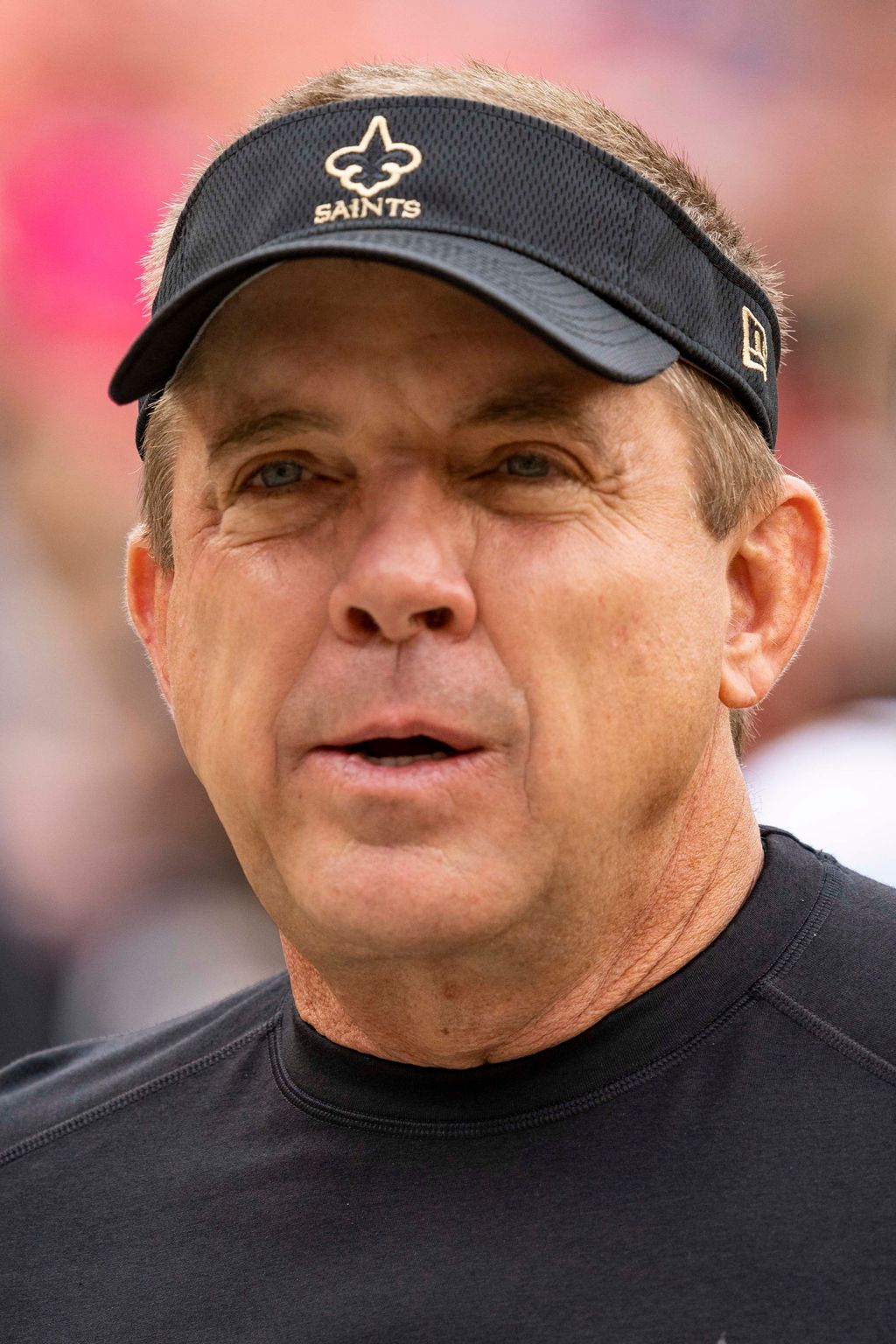
5. **Sean Payton’s Perspective: “Priors” and the Difficult Calls**: Even Denver Broncos head coach Sean Payton acknowledged the challenging position Jackson’s history put him in, particularly after the Week 7 ejection against the Packers. Payton, while noting the difficulty of making such calls in real-time, conceded that Jackson’s past disciplinary record played a significant role in the officials’ decision to eject him. He famously likened it to a repeat speeding offender receiving harsher treatment than a first-time violator.
‘I think what’s difficult for Kareem is he’s got some priors,’ Payton stated, acknowledging the perception that follows Jackson. While the coach also offered a degree of defense for his player, asserting that Jackson is ‘smart’ and ‘wants to do the right thing,’ the undeniable reality of his multiple infractions and fines hangs heavy over his on-field conduct. This illustrates the tightrope coaches walk between supporting their players and upholding the league’s safety mandates.

6. **The League’s Initial Action: First Four-Game Suspension (Reduced to Two)**: Adding another layer to Jackson’s complicated season of discipline, it’s crucial to recall that the latest four-game suspension was not his first this year. Earlier in the season, Kareem Jackson had already been handed an initial four-game suspension for what were described as ‘multiple dirty hits.’ This earlier suspension, however, saw a different outcome through the appeal process.
ESPN’s Adam Schefter reported that Jackson appealed this initial suspension, a move that proved successful. Hearing officer Derrick Brooks, who is jointly appointed and compensated by both the NFL and NFLPA, reduced the original four-game ban to just two games. This reduction allowed Jackson to return to Denver’s roster earlier than anticipated, making him eligible for the Week 11 game against the Vikings on November 14. The success of this first appeal set a precedent, potentially influencing Jackson’s decision to appeal his most recent, second four-game suspension.
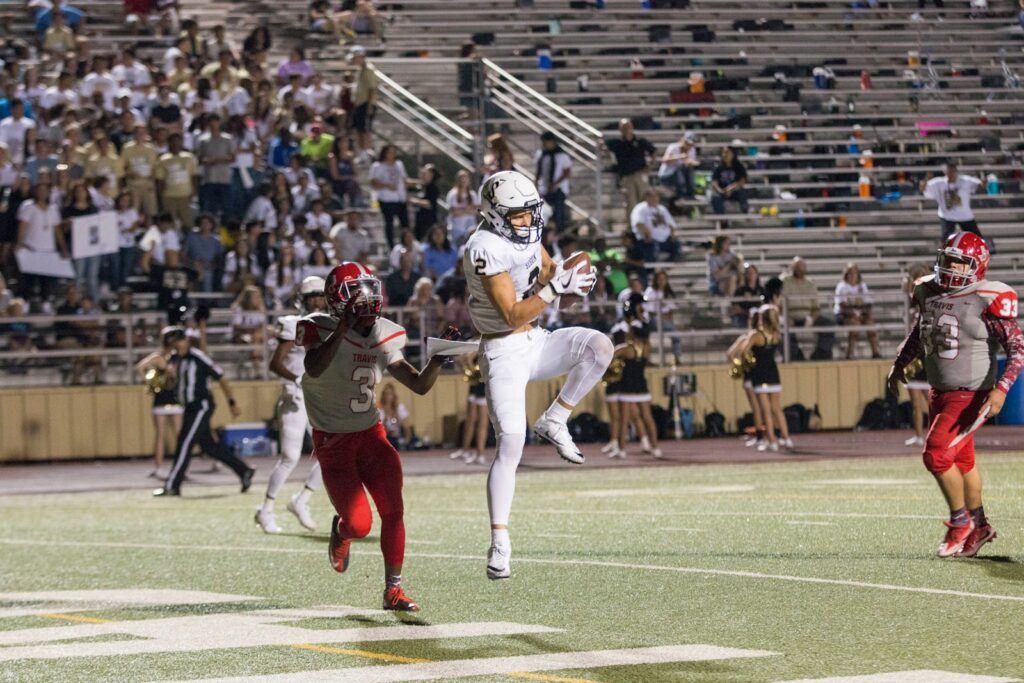
7. **The Latest Suspension: Unpacking the Dobbs Incident and Repeat Offender Status**: Even as the dust settled on the Week 7 ejection, Kareem Jackson’s disciplinary woes continued to escalate, reaching a new critical juncture. Despite not receiving an on-field penalty for a hit on Minnesota Vikings quarterback Josh Dobbs during a prime-time Sunday Night Football matchup, the league’s front office, spearheaded by Roger Goodell, took swift and decisive action. The result: another four-game suspension, effective immediately, for what the NFL termed ‘repeated violations of playing rules intended to protect the health and safety of players, including during Sunday’s game against the Minnesota Vikings.’ This signaled an increasingly firm stance from the league.
This latest punitive measure underscores the NFL’s commitment to player safety, irrespective of whether officials catch every infraction in real-time. Jon Runyan, the NFL’s Vice President of Football Operations, in his official letter to Jackson, once again explicitly cited violations of Rule 12, Section 2, Article 9 (b)(1). Runyan’s statement emphasized that Jackson ‘delivered a forceful blow to the head/neck area of a defenseless receiver, when you had the time and space to avoid such contact,’ adding that Jackson ‘could have made contact with your opponent within the rules, yet you chose not to.’ This detailed explanation from the league office leaves no ambiguity about their assessment of his actions, connecting this latest incident directly to the established pattern.
What makes this suspension particularly noteworthy is its timing and context; this marks Kareem Jackson’s second four-game suspension this season. The fact that a veteran player has twice incurred such a significant penalty within a single campaign highlights an alarming pattern of behavior that the league appears determined to eradicate. It moves beyond individual incidents, framing Jackson’s conduct as a systemic issue that demands a comprehensive and escalating response, thereby reinforcing the NFL’s overarching player welfare agenda.
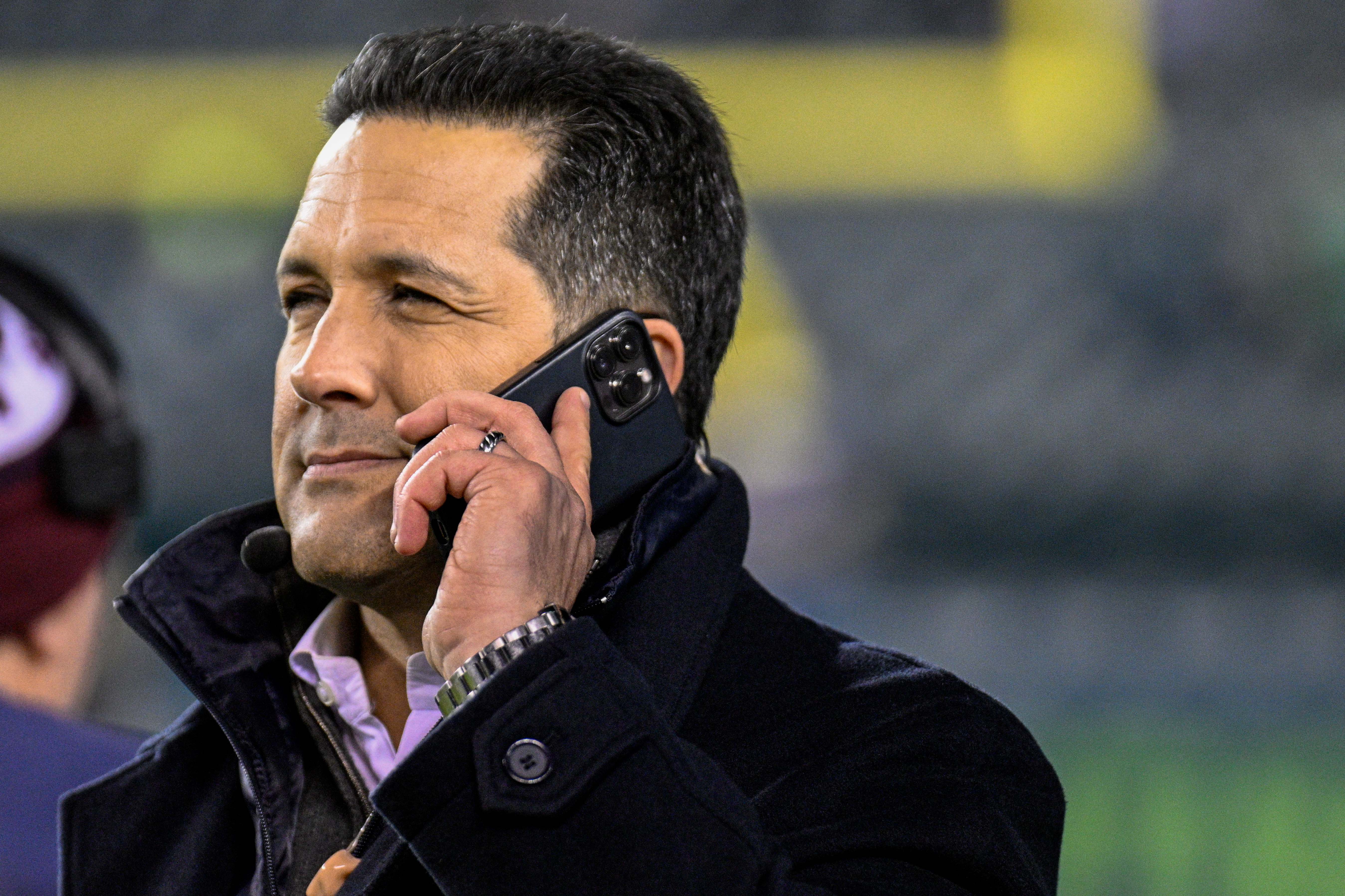
8. **The Intricate Appeal Process: A Second Chance?**: Following the announcement of his latest four-game suspension, it came as no surprise that Kareem Jackson immediately declared his intention to appeal the ruling. This decision mirrors his approach earlier in the season when faced with his first significant ban, creating a precedent that might initially seem to offer a glimmer of hope for a similar outcome. The NFL’s Collective Bargaining Agreement provides this avenue for players, ensuring due process through a system that includes jointly appointed hearing officers.
Jackson’s previous appeal, heard by Derrick Brooks, a hearing officer jointly appointed and compensated by both the NFL and NFLPA, proved successful. Brooks reduced the initial four-game ban for ‘multiple dirty hits’ to just two games. This reduction allowed Jackson to return to the Denver Broncos’ roster earlier than anticipated, making him eligible for the Week 11 game against the Vikings. The outcome of that initial appeal undoubtedly informed Jackson’s strategy for his current situation, suggesting he believes there is a pathway to mitigation.
However, the landscape for this second appeal appears markedly different. Despite the success of his prior appeal, the sheer volume and flagrancy of his recent infractions present a formidable challenge. As ESPN’s Adam Schefter noted, ‘Seeing as how this is his second four-game suspension of the season, it’s unlikely Jackson gets a similar ruling this time around.’ This sentiment reflects the broader perception that Jackson’s status as a repeat offender, with a history of ‘countless illegal hits throughout the course of his career,’ significantly diminishes his chances of leniency. The league’s patience, it seems, has worn thin, prioritizing player safety over individual appeals in cases of persistent violations.
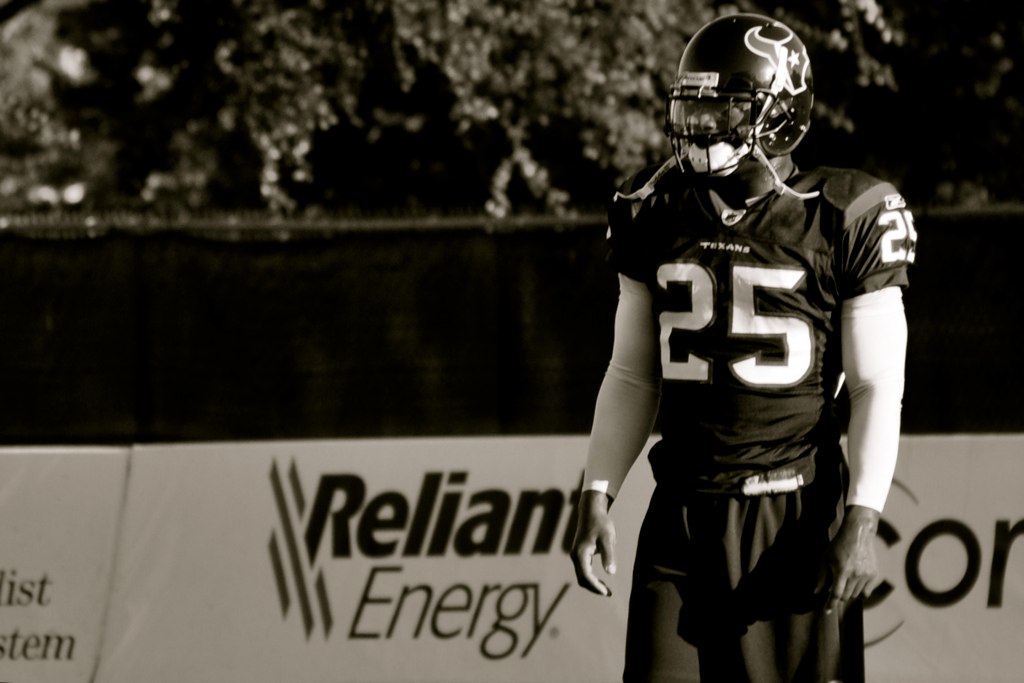
9. **The Roar of the Crowd: Fan and Media Calls for Accountability**: Kareem Jackson’s repeated transgressions have not gone unnoticed by the passionate NFL fanbase and critical media observers, who have collectively voiced a resounding demand for increased accountability. The widespread sentiment across social media platforms and sports commentary has been one of exasperation, with many calling for the league to implement far stricter penalties than fines or even short-term suspensions. This public outcry reflects a growing intolerance for dangerous play, particularly in an era focused on player health.
On platforms like X (formerly Twitter), the immediate aftermath of Jackson’s hits saw a torrent of reactions, many of which were unequivocal in their condemnation. Users expressed a deep sense of frustration that a veteran player continued to engage in such conduct. As X user @HowUBenFeller plainly stated, ‘With his history… he doesn’t get the benefit of the doubt anymore. Suspend him.’ Another user, @JoshNorris, went further, labeling Jackson as the ‘Dirtiest player in the league right now,’ showcasing the intensity of public opinion. Such powerful online sentiments underscore the collective desire for the NFL to make a definitive statement on player safety.
Prominent sports analysts also weighed in, echoing the calls for tougher disciplinary action. @MichaelDavSmith highlighted the pattern, noting that Jackson ‘has been fined four times this season for illegal hits to the head and just got flagged for another.’ He presciently added, ‘At some point the NFL is going to stop fining and start suspending.’ This commentary reflects a growing consensus that the financial deterrents, while substantial, have proven insufficient to alter Jackson’s playing style. The confluence of fan frustration and media analysis created a powerful narrative demanding that the league take comprehensive and lasting measures to curb dangerous play.
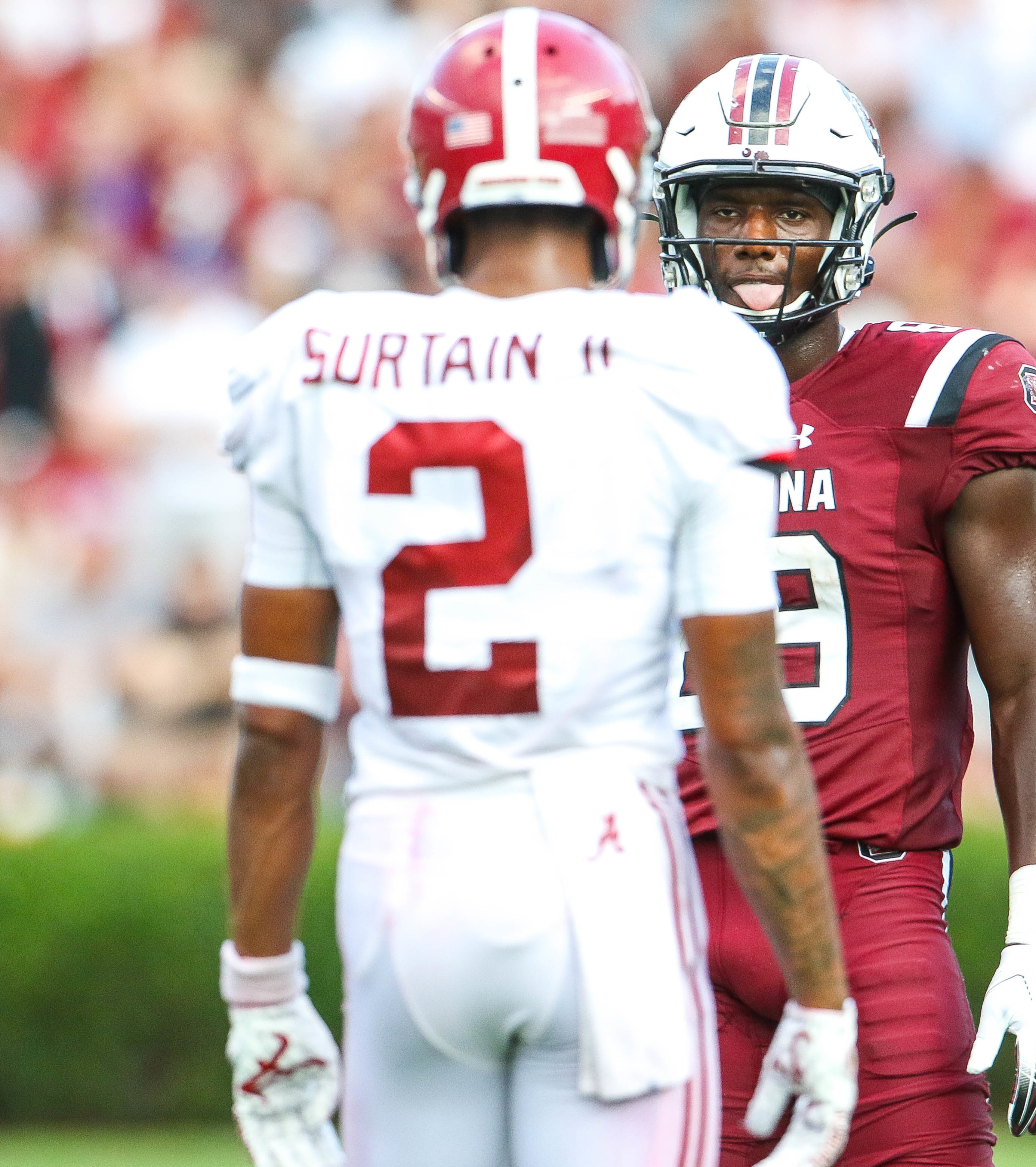
10. **Locker Room Dynamics: Teammates Weigh In**: Within the tightly knit confines of an NFL locker room, the disciplinary saga surrounding a teammate like Kareem Jackson presents a complex challenge. While the public and league officials may view his actions through the lens of rules and safety, his teammates grapple with the dual realities of supporting a valued colleague and acknowledging the impact of his repeated absences. There’s a delicate balance to strike between upholding the physical nature of the game and adhering to its evolving safety mandates.
Broncos cornerback Patrick Surtain II, when asked about Jackson’s latest ejection, captured this internal struggle. He stated, ‘It’s tough. … From what I heard, it was a bang-bang play. Football is a physical game whether you like it or not. It’s just unfortunate. Kareem is a tremendous player. He doesn’t do things intentionally.’ Surtain’s comments reveal an understanding of Jackson’s intent, defending his character while acknowledging the unfortunate consequences of his physical playing style. This perspective highlights the camaraderie and inherent bias within a team, where players often give each other the benefit of the doubt on controversial plays.
Despite the expressions of support, the practical impact of losing a player of Jackson’s caliber due to disciplinary action is undeniable for the Broncos. Coach Sean Payton’s earlier remarks about Jackson’s ‘priors’ also subtly hint at the internal awareness of the situation’s gravity. While teammates express solidarity, the reality remains that Jackson’s recurring disciplinary issues force the coaching staff and the rest of the defense to adapt, often on short notice, to significant personnel changes. This dynamic underscores the tightrope act of player support versus team accountability in a high-stakes professional environment.
11. **The Depth Chart Impact: P.J. Locke Steps Up**: Kareem Jackson’s repeated ejections and subsequent suspensions have created a tangible void in the Denver Broncos’ secondary, necessitating immediate adjustments to the depth chart. In the unpredictable world of NFL football, a team’s resilience is often tested by its ability to absorb such unexpected losses and rely on its next-man-up philosophy. This ongoing situation with Jackson has provided an opportunity for other players to prove their readiness and depth within the defensive backfield.
One such player who has stepped into the spotlight is safety P.J. Locke. Locke, who had missed the first five games of the season due to a lower leg injury, was thrust into action during the Broncos’ Week 7 victory against the Green Bay Packers after Jackson’s ejection. A veteran himself, having played 49 games for the Broncos over the past four seasons, Locke’s experience proved invaluable in a high-pressure situation.
Locke delivered a critical play in Jackson’s absence, intercepting Packers quarterback Jordan Love with just 1 minute, 40 seconds remaining in the game. This pivotal turnover effectively ended Green Bay’s potential game-winning drive, securing the Broncos’ 19-17 victory. Teammate Justin Simmons lauded Locke’s performance, remarking, ‘He made a heck of a play not a lot of guys could make.’ Simmons further emphasized the team’s confidence in its secondary depth, stating, ‘Our depth in the secondary is really strong. We tell guys all the time there can be no drop-off,’ highlighting the team’s contingency planning and belief in its roster, even amidst significant disciplinary setbacks.
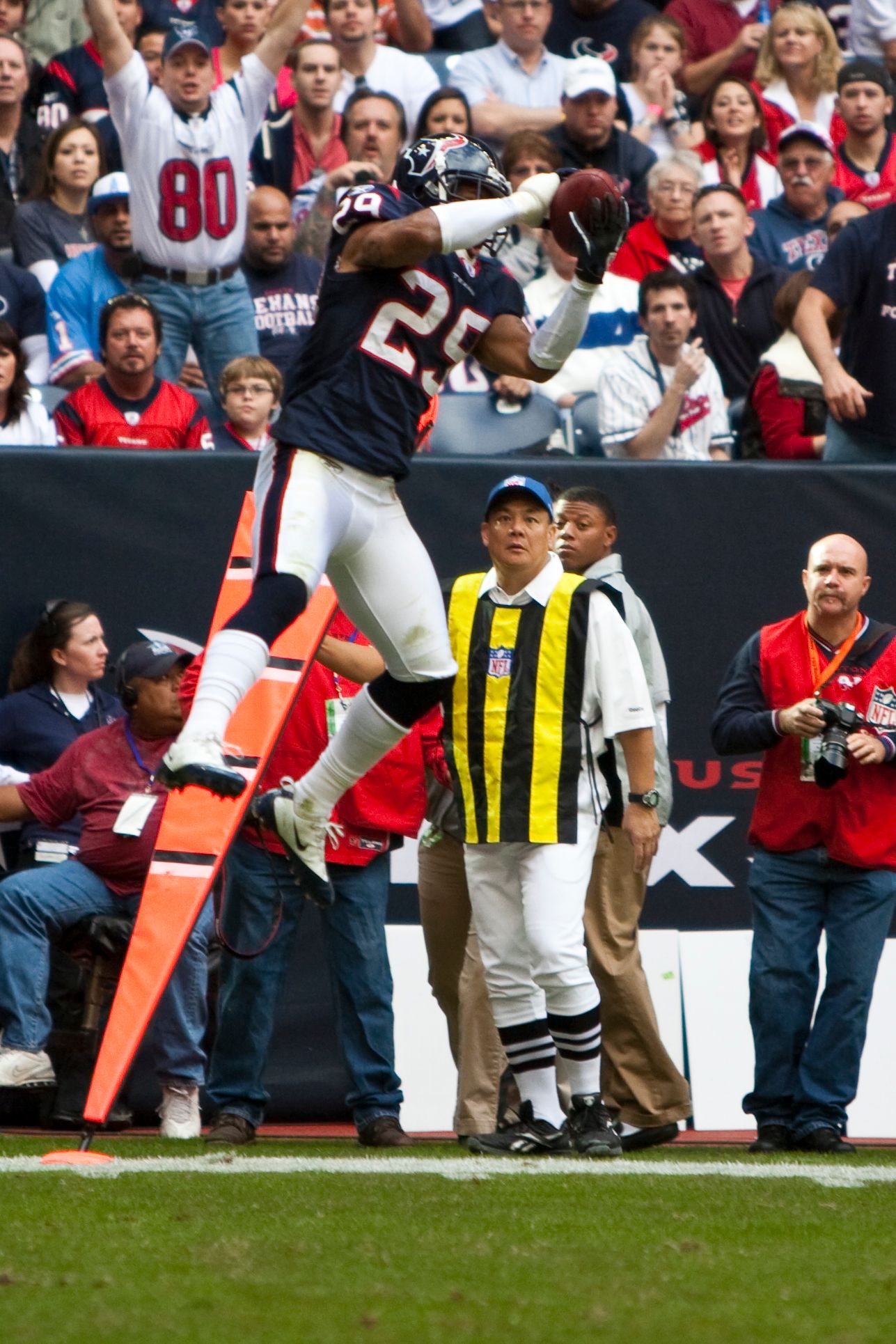
12. **Long-Term Horizons: Jackson’s Future and the League’s Unyielding Stance**: As Kareem Jackson continues to navigate an unprecedented season of disciplinary actions, a crucial question looms large: what are the long-term ramifications for his NFL career? The repeated fines, ejections, and now multiple four-game suspensions paint a concerning picture, leading many to speculate about his future in the league. The stark reality, as some reports suggest, is that ‘If he keeps this up, he may not be in the league much longer,’ signaling a potential end to a storied career.
Jackson is not a rookie finding his footing; he is a seasoned veteran in his 14th NFL season, a former first-round selection out of Alabama. Throughout much of his career, he has proven to be a valuable ‘commodity on the defensive side of the football,’ known for his aggressive, hard-hitting style. However, this season, his once-lauded physicality has veered into dangerous territory, transforming him from a defensive asset into a ‘liability’ not just in terms of his on-field performance but, more critically, in his ability to remain on the field and avoid costly penalties that undermine his team and the league’s rules.
Ultimately, Kareem Jackson’s tumultuous season serves as a stark, high-profile case study for the National Football League’s unwavering commitment to player welfare. His ongoing disciplinary saga underscores that the league is prepared to enforce increasingly stringent rules, even against established veterans, to protect the health and safety of its athletes. It sends a clear message that individual playing styles, no matter how impactful they once were, must evolve to align with the NFL’s paramount focus on safety. This commitment signals a new era where protecting players takes precedence, influencing careers and shaping the very nature of professional football for years to come.
“We’ve dissected the hits, the financial penalties, the league’s rules, and the immediate team reactions. The enduring narrative of Kareem Jackson’s season transcends individual incidents; it’s a testament to the NFL’s evolving and resolute stance on player safety. As the league continues to refine its approach, ensuring the well-being of its athletes remains a top priority, the ramifications for players, teams, and the very fabric of the game will undoubtedly continue to unfold.”

